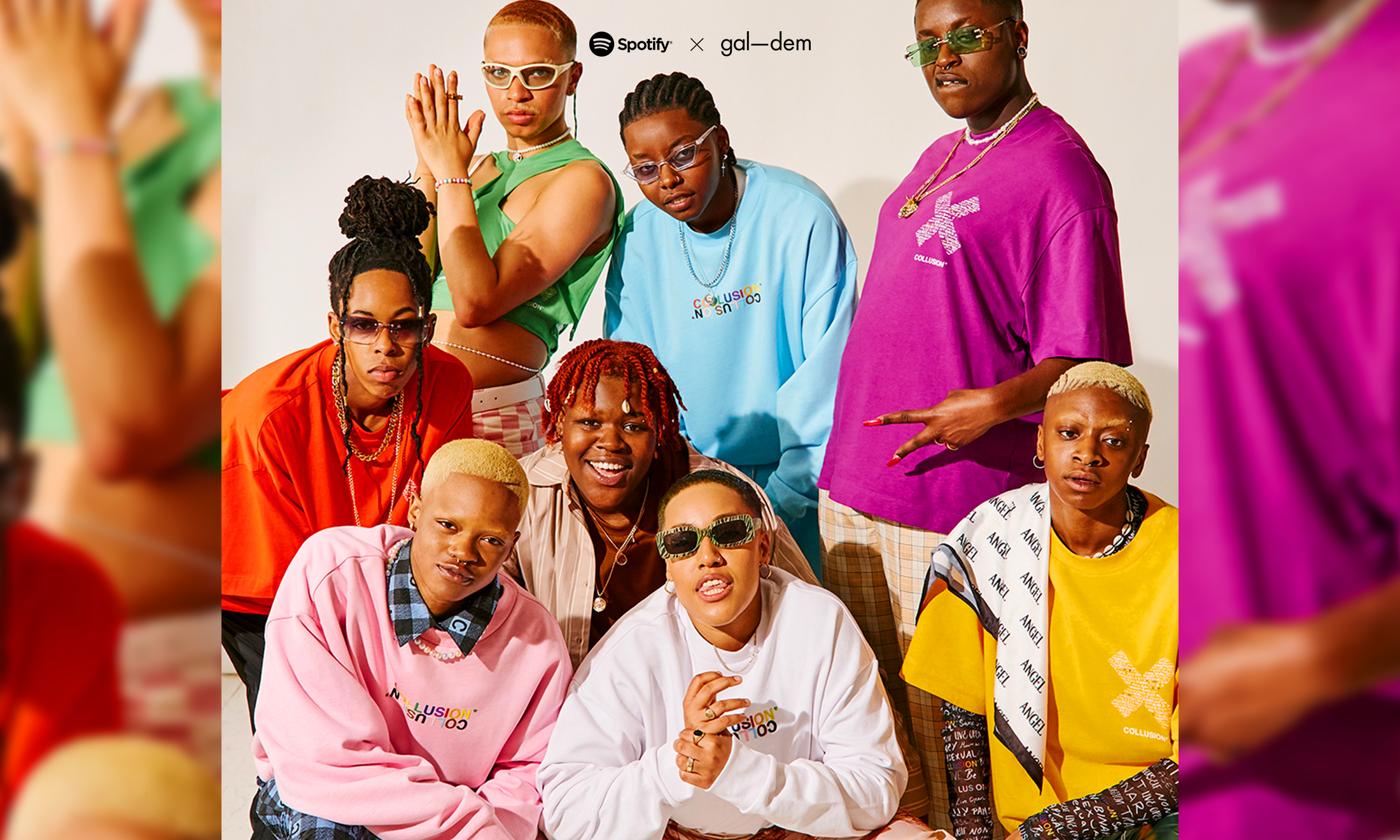
First published by the Guardian, our writer Charlie Brinkhurst-Cuff takes on the #killallwhitemen hashtag.
Bahar Mustafa, who had been charged for tweeting #killallwhitemen has had the charges against her dropped by the Crown Prosecution Service.
As the student union welfare and diversity officer at Goldsmiths, University of London, she first received national media attention after helping to organise a “safe space” event exclusively for black and minority ethnic (BME) students. In the aftermath of this story, a journalist apparently unearthed the tweet, which led to her being accused of “sending a threatening communication” and facing a maximum sentence of six months in prison if convicted.
There’s no denying that Mustafa has made some mistakes. She says she supports the “most marginalised people” but chooses to do so in a way that many would consider extreme. As well as using the hashtag she was also accused of calling somebody “white trash” on Twitter, and there are apparently screen shots reportedly taken from her Facebook page that say: “Omg… Kill them all. What’s wrong with white people?”
Despite this, though, I firmly believe Mustafa should have never been charged with a crime, and her tweet (which she argues she didn’t ever actually send), when contextualised, is perhaps less offensive. As she told Vice: “The #KillAllWhiteMen hashtag is something that a lot of people in the feminist community use to express frustration.” Back in May she said the hashtag was “a way of reclaiming the power from the trauma many of us experience as queers, women and people of colour”.
I think it can safely be said that no white men ever felt threatened by Mustafa’s hashtag, or were ever really afraid that she was inciting white male genocide.
Mustafa, as a feminist activist and campaigner, is active on social media, often expressing her outrage about racism, misogyny and homophobia. Her use of the hashtag also seems to have been an ironic reference to a #killallmuslims hashtag that was floating around at the time. Unlike the idea of killing all white men, Islamophobia is having a genuine impact on our society with hate crimes against Muslims rising by 70% in the past year. These factors appear to have fuelled her use of inflammatory language.
We live in a world where women are persistently harassed online, and where far-right groups such as Britain First can continually spout hate speech on social media, demonising genuinely marginalised groups. Mustafa’s misdemeanour, if it can even be called that, is dwarfed by comparison.
I attended the court case involving the trolls of Caroline Criado-Perez, the feminist activist abused online after her campaign to put images of women on to banknotes. Of the abuse, she said: “I remember the man who told me I’d never track him down, only feel his cock while he was raping me; the man who told me he would pistol-whip me over and over until I lost consciousness, while my children watched, and then burn my flesh; the man who told me he had a sniper rifle aimed directly at my head and did I have any last words, fugly piece of shit?”
Criado-Perez suffered severe stress as a result of the tweets she was sent, but even though she was targeted by more than 80 people, she only saw two of them prosecuted.
Another woman, who didn’t want to be named, explained to me how “someone has been stalking and harassing me on the internet for the best part of a year with racial slurs and other nonsense to the point where they have contacted my employers and extended family. The police shrugged it off and told me to change my email address.”
There is a distinct difference between Mustafa’s tweet and real, actionable online threats that can genuinely lead to harm. Since the media has picked up on her story, Mustafa herself has suffered from online abuse. She’s been singled out by the National Front, called a “hateful paki wench”, a “musrat”, repeatedly told to “kill herself”, and to “offer yourself up for some gang rape”.
It’s ironic that while she was facing a court appearance, the many people who actually posted hate speech and directly threatened her aren’t going to face any consequences. Their posts haven’t even been removed from social media.
Sadly Bahar Mustafa’s story isn’t quite over, as the CPS have now said that one of the complainants has “requested a review” of the decision to drop the charges. So here’s a new hashtag to follow: #solidaritywithbaharmustafa. She might still need it.








